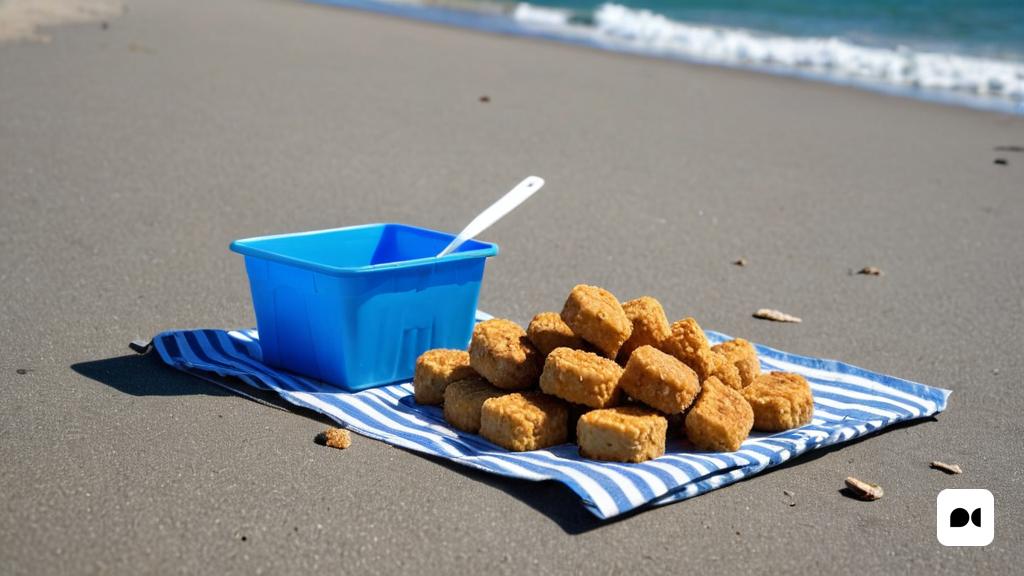The hidden risks of a summer meal by the sea
The OCU has issued a warning about the threats that may arise to food on the beach, a common place to relax and enjoy the good weather. The high heat conditions and hygienic limitations present in beach environments can become a focus for bacteria that compromise the health of consumers.
Essential hygiene practices
One of the points highlighted by the OCU is the importance of hygiene in food handling. Preparing a meal with dirty hands or without washing the utensils can increase the health risks, since the sand and the sea can contain pathogenic agents. Without access to clean water and soap, the likelihood of gastrointestinal infections increases considerably.
The impact of heat on food safety
In addition, the high temperatures that can be registered on the beach pose another level of risk. Foods that spoil easily, such as dairy products or salads, are particularly vulnerable to temperature, which promotes the proliferation of dangerous bacteria such as Salmonella and E. coli. The OCU recommends keeping these foods refrigerated and, if possible, using appropriate refrigerators throughout the day.
Food choices to avoid problems
With a view to enjoying a worry-free meal, the OCU recommends selecting foods that do not require constant refrigeration, such as fresh fruit, nuts, crackers or canned goods. They are safer in hot environments and don’t deteriorate as easily.
Prevention of cross contamination
Another aspect to consider is cross-contamination. When preparing snacks or salads on the beach, it is important to prevent utensils that have been in contact with raw meats from mixing with comfort foods. Using different cutting boards and knives for each type of food helps minimize this danger.
Secure storage methods
It is essential to store food safely. Avoid reusing containers that have been in contact with raw produce and ensure that food is sealed in airtight containers. Portable coolers are a good option, but it’s important to keep them tightly closed to prevent hot air from affecting them.
The precautionary consumption of food at beach stalls
Finally, being careful with food purchased at beach stalls is crucial. Some of these establishments do not always follow the necessary hygiene protocols, increasing the risk of food poisoning. It is wiser to choose locations that demonstrate good hygiene practices and have a good reputation for food quality.

